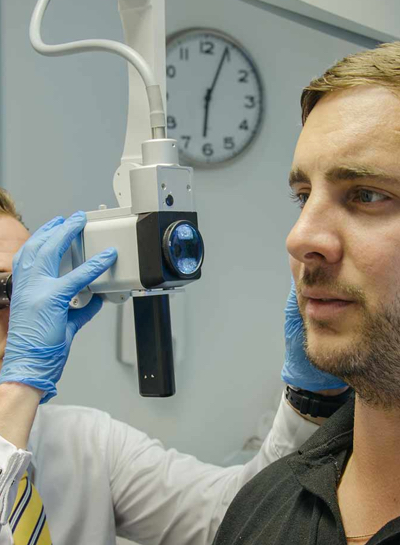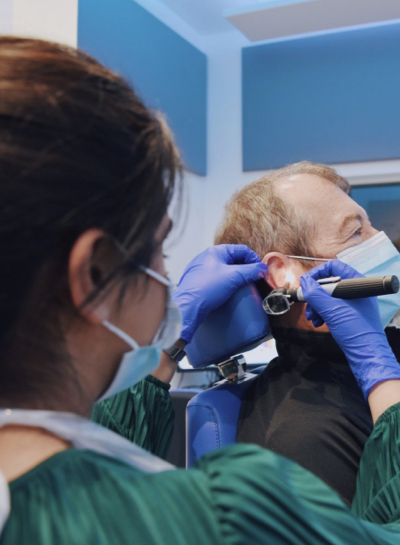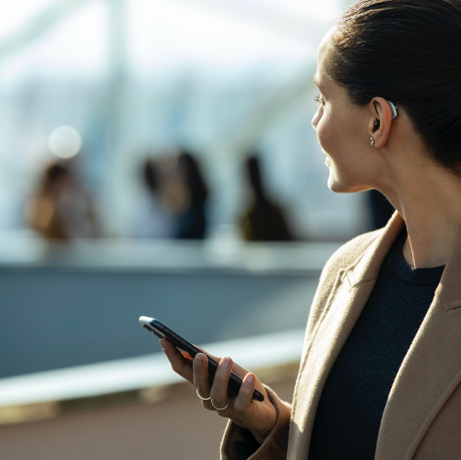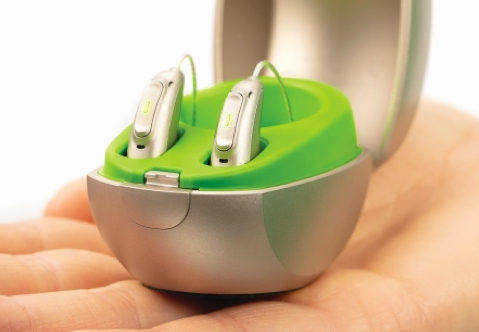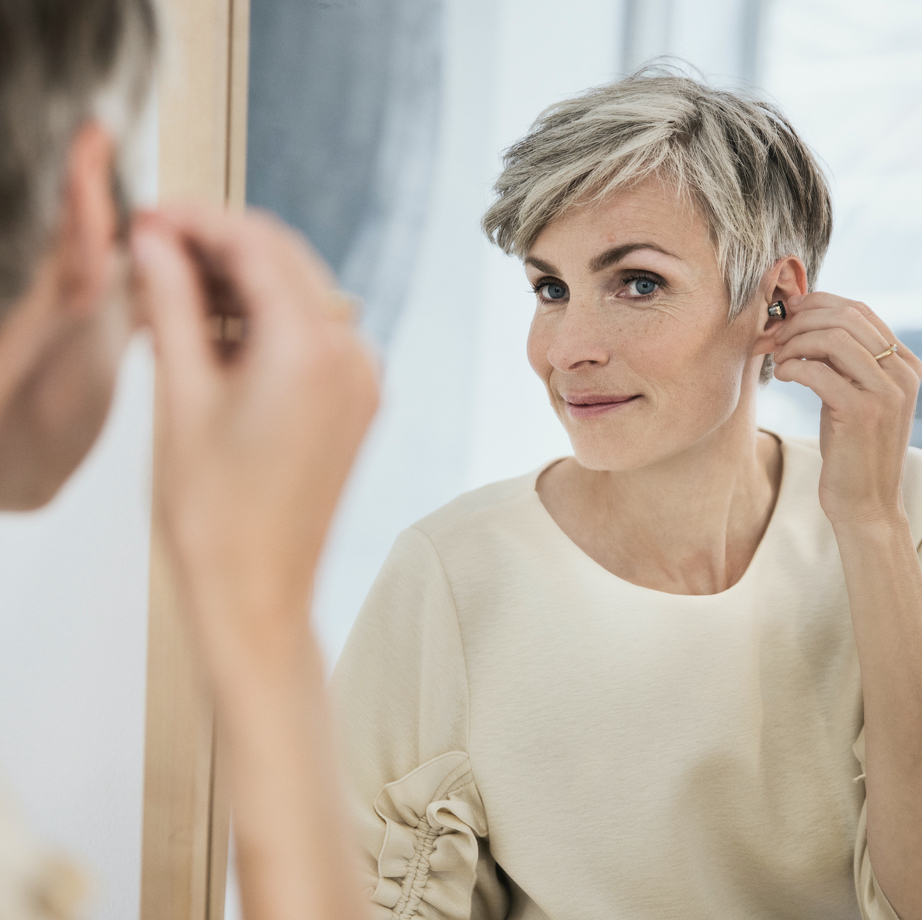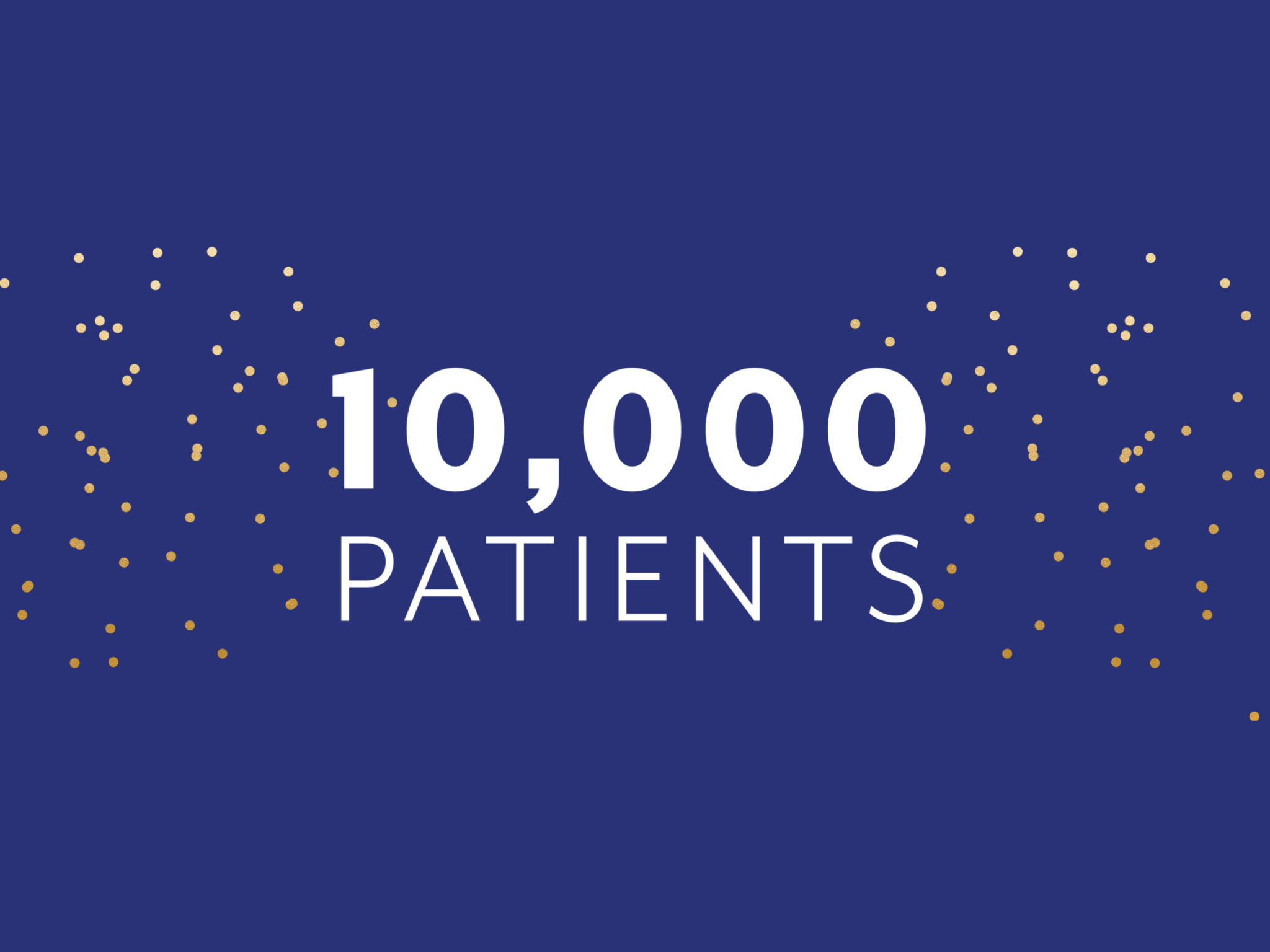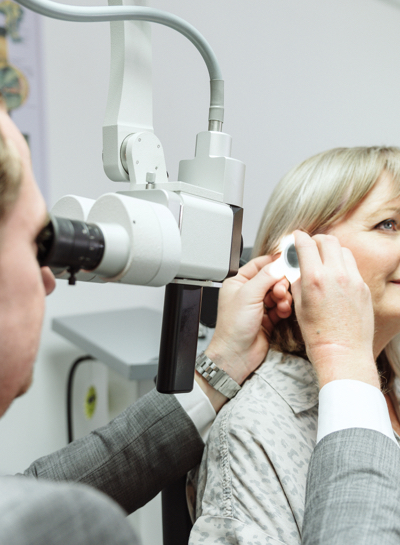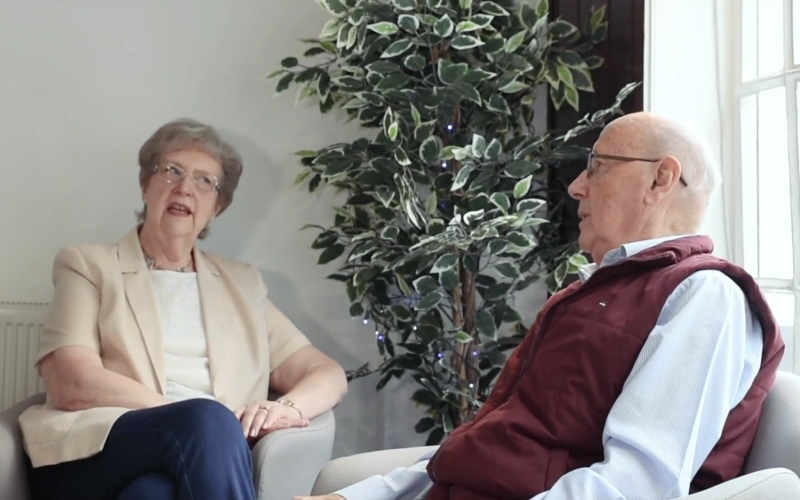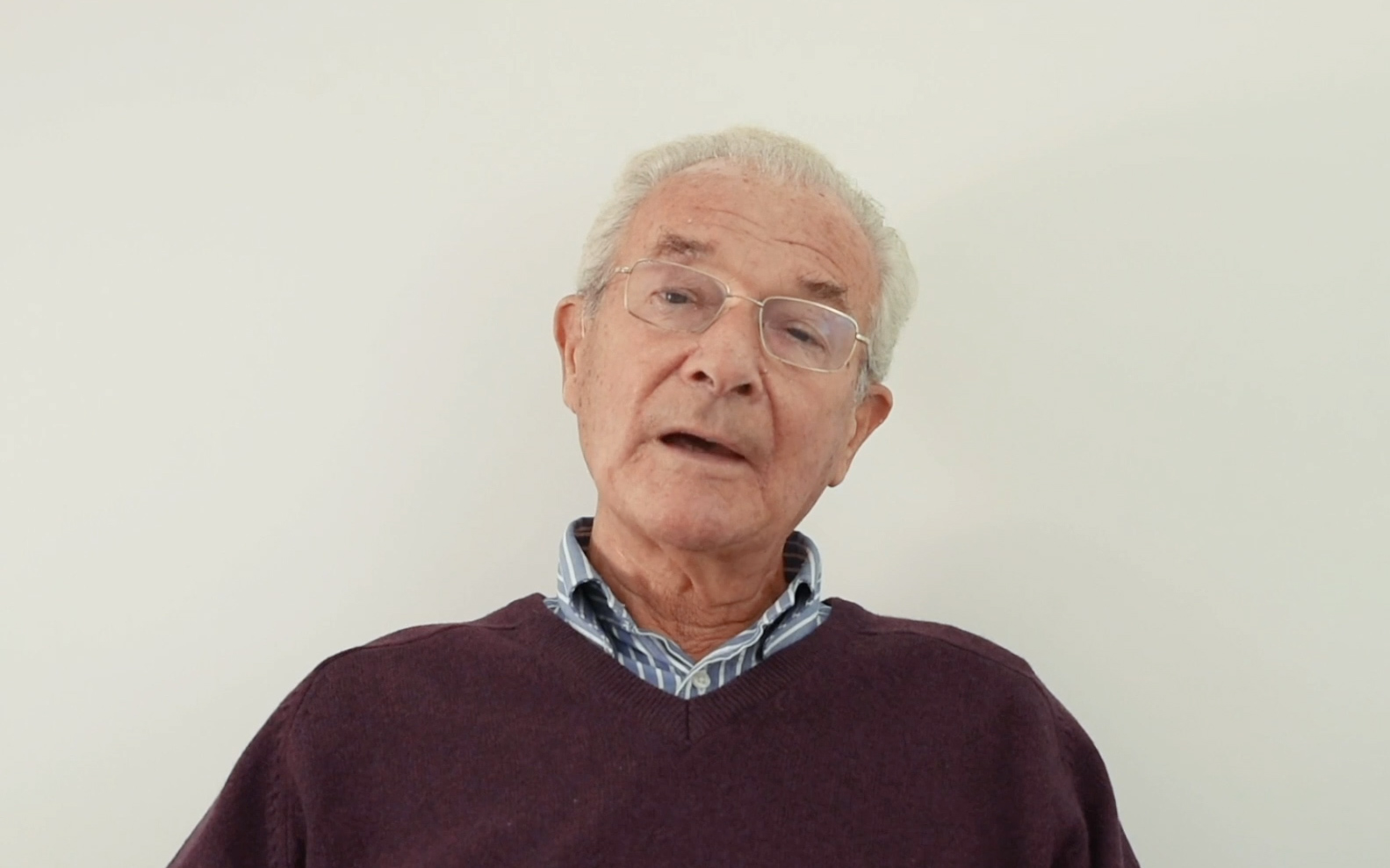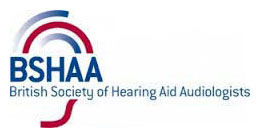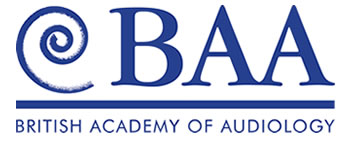Category: Hearing Loss
Hearing loss, loneliness & depression in older people
3 Min read
7th Aug 2017
Hearing Loss & Loneliness
We saw this really powerful clip from Channel 4 and we felt that we had to share it, it is a report on loneliness in the elderly. We know that untreated hearing loss causes isolation, loneliness and eventually depression. We deal with that every day with people, giving them their life back. This though is an example of older people just having no one.
Over 1 million older people haven’t spoken to a friend, neighbour or family member for at least a month
The figures above are from Age UK, we found them horrifying, they are campaigning to have loneliness in the elderly recognised as a serious health issue, here is what they say:
Contrary to what many people think, loneliness is not a normal part of ageing, and it not only makes life miserable, it can have a serious impact on your physical and mental health too. Unless we act, our rapidly ageing population means we’ll see ever greater numbers of lonely older people and, because loneliness undermines resilience, this also means more pressure on our already stretched NHS and social care services.
What are we calling for?
We want local and national government to understand that older people’s loneliness really matters; that it’s a serious public health problem and not a normal part of ageing, and we want them commit to take action with us to prevent and tackle it.
We need your help
Loneliness definitely can’t be fixed by Government alone, we all have a role to play
Age UK
Hearing Loss & Loneliness, Our Experience
As we said at the start of the article, we have some experience with loneliness and depression that is caused by untreated hearing loss. Because hearing loss makes it difficult to communicate it often leads to isolation. In most cases this isolation is self enforced, people are fed up of being embarrassed by their mis-understandings and inability to understand and communicate and withdraw from their social life. This isolation leads to loneliness and eventually depression, we are social animals, not really meant to be alone. However, recent clinical studies have shown that depression is not the worst possible effect of un-treated hearing loss.
Hearing Loss, Cognitive Decline & Dementia
Hearing loss is a very common disorder across the world, in fact it is so common that it is considered a normal part of the aging process and no great cause for alarm. However, that attitude is changing quickly in the Medical world. Studies from Johns Hopkins University have found clear links between hearing loss, cognitive decline and dementia. If this is proved to be so, hearing loss is a far greater health threat than even we previously thought.
“Hearing loss shouldn’t be considered an inconsequential part of aging,” Dr. Frank Lin,
Cognitive Abilities Declined 30 to 40% faster in People With Hearing Loss
Dr. Frank Lin, assistant professor at Johns Hopkins, an otologist and epidemiologist is a leading force in the studies of the effects of hearing loss on older adults. His work on the cognitive effects of hearing loss has gathered much attention over the last few years. In one study involving nearly 2,000 men and women aged between 75 and 84. Dr. Lin and his colleagues found that over six years, cognitive abilities (including memory and concentration) of those with hearing loss declined 30 to 40 percent faster than in people with normal hearing.
That is a frightening finding that is being backed up by more and more study evidence that is coming to light. Hearing loss needs to be considered a serious health problem, it can have devestating effects on the wider health of people if it remains un-treated. If you have any questions or are looking for some information, please don’t hesitate to contact us on 01905 617803.

Tom Dixon Director of Audiology
Share this article
Your Journey To Better Hearing
Related Articles
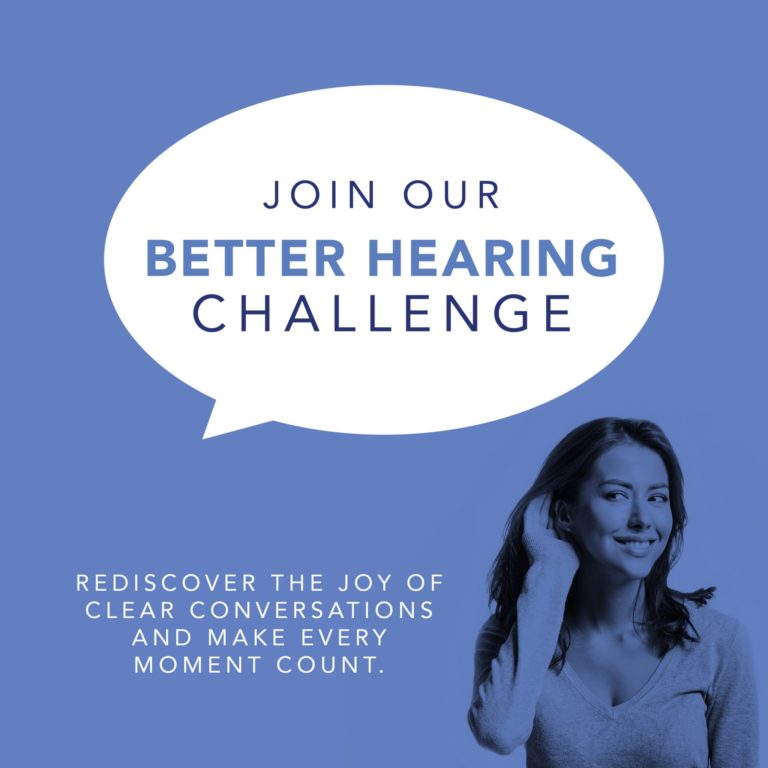
Join our Better Hearing Challenge
Rediscover Clear Conversations with Our Better Hearing Challenge Do you find yourself yearning to rediscover the joy of clear conversations? Are noisy environments making it challenging to hear speech, leaving…
3 Min read
3rd Jan 2024
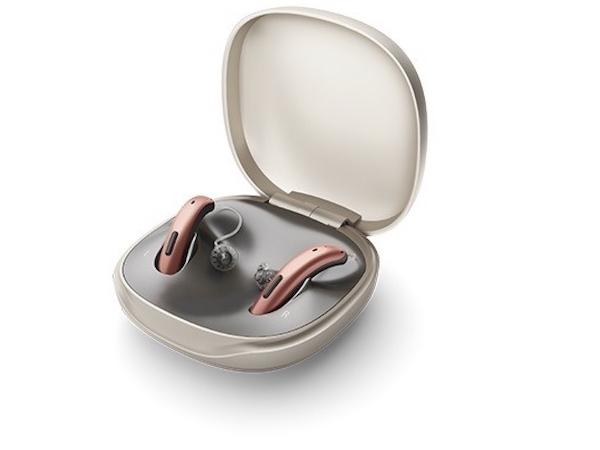
Struggling with hearing aid batteries? We have the solution
Hearing aids are crucial for those experiencing hearing loss. They allow you to maintain your independence and continue enjoying the things you love. However, dealing with traditional hearing aid batteries…
2 Min read
18th Sep 2023

Our top 3 discreet, invisible hearing aids at Worcester and Stratford-upon-Avon
In the world of hearing aids, there are numerous options that cater to different needs, lifestyles, and personal preferences. If you prioritise discretion and invisibility in your hearing aid, you’re…
3 Min read
13th Sep 2023
Chemotherapy and hearing loss
3 Min read
7th Apr 2016
Hearing loss is a lesser known side effect of chemotherapy
Hearing loss and chemotherapy – what’s the connection?

Widex, one of the hearing aid manufacturers we provide at our Worcester hearing centre, released a good article a while ago on the connection between chemotherapy and hearing loss. Life expectancy and survival rates of cancer sufferers is improving all of the time because of modern break throughs in treatment. While this has to be seen as a fantastic thing it also means that survivors are seeing side effects of treatment that weren’t seen before. We decided to delve a little deeper into what exactly that means when it pertains to hearing loss.
The recognisable side effects of chemo
Hair loss, weight loss, and nausea are the most instantly recognisable side effects of chemotherapy. However, with the use of modern chemo drugs, one of the more hidden side effects is ototoxicity. Certain cancer drugs are ototoxic to humans, this means that they are damaging to the structures of the inner ear, the cochlea. This ototoxicity causes irreversible hearing loss.
Increasing survival rates for cancer sufferers
Treatment for cancer has come a long way in recent years. Many cancers that were once fatal are now seen as treatable and survival rates are increasing for many common types of cancer. As we said, this is great news, but it also means that for the first time cancer survivors are experiencing longer-term side effects as a result of their treatment. Here’s what you need to know if you are undergoing chemotherapy.
How common is hearing loss from chemotherapy?
Unfortunately this isn’t an easy question to answer, it is difficult to estimate how many people will suffer with a hearing loss as a result of chemotherapy treatment. According to the University of Arizona Cancer Center,
“Hearing loss has become one of modern cancer therapy’s most prevalent side effects. In fact, hearing loss is among the most underreported, yet potentially devastating, side effects endured by many chemotherapy patients.”
Why could I develop hearing loss from chemo?
The main reason why hearing loss is a side effect of chemotherapy is the use of newer chemotherapy agents like cisplatin and carboplatin. These treatments are hugely successful life saving treatments for cancer. Unfortunately, they can cause toxic damage to the inner ear. That damage starts in the high frequencies of hearing at first. Most sounds in speech commonly occur in lower frequencies, for this reason, chemotherapy patients often don’t realise that it is happening. As treatment continues, the hearing loss can become worse, more noticeable and tinnitus can occur.
What Can You Do?
You should get a hearing test before starting chemotherapy treatment. This will establish a known baseline for your hearing that can be used to determine whether or not your hearing becomes worse during and after treatment. After that initial hearing test, you should have semi regular hearing tests throughout your treatment. This will allow you to monitor your hearing during treatment. the key thing to remember with ototoxicity is that unlike many types of hearing loss, hearing loss from ototoxicity can come on suddenly and can range from mild hearing loss or tinnitus to near deafness.
Is their treatment for ototoxicity?
There is no cure for hearing loss caused by ototoxicity, but there are ways to lessen the symptoms. If you suffer this type of hearing loss hearing aids could be a real solution for you. Tinnitus management devices and other forms of tinnitus sound therapy can also help control any ringing and buzzing in your ears that develops. If you are worried about hearing loss from ototoxicity or any other cause, please don’t hesitate to contact us at our hearing aid centre in Worcester.

Tom Dixon Director of Audiology
Share this article
Your Journey To Better Hearing
Related Articles

Join our Better Hearing Challenge
Rediscover Clear Conversations with Our Better Hearing Challenge Do you find yourself yearning to rediscover the joy of clear conversations? Are noisy environments making it challenging to hear speech, leaving…
3 Min read
3rd Jan 2024

Struggling with hearing aid batteries? We have the solution
Hearing aids are crucial for those experiencing hearing loss. They allow you to maintain your independence and continue enjoying the things you love. However, dealing with traditional hearing aid batteries…
2 Min read
18th Sep 2023

Our top 3 discreet, invisible hearing aids at Worcester and Stratford-upon-Avon
In the world of hearing aids, there are numerous options that cater to different needs, lifestyles, and personal preferences. If you prioritise discretion and invisibility in your hearing aid, you’re…
3 Min read
13th Sep 2023
Trouble hearing in Restaurants, some tips that will help
3 Min read
7th Feb 2015
Getting The Most Out Of Your Hearing Aids in Noisy Places
Dining out with your hearing aids
Cafes, restaurants, in fact most social places can be quite noisy, making it hard to hear and understand your companions even with normal hearing. When you are out for dinner or even grabbing a quick bite, it can be really difficult to hear your companions in a busy eatery especially on a large table. However, for people with hearing loss, conversation while eating at a restaurant can be both frustrating and tiresome.
Letting your hearing aids work for you
There is a lot of competing noise in cafes or restaurants, the background music, the noise from the kitchen, and conversations of other diners can overpower your conversation. Even for people with normal hearing this can be a problem. When you have hearing aids it can be really difficult. Trying to concentrate on someone’s speech can be really exhausting, however, if you give your hearing aids the best chance to work for you, it will make things so much easier.
Make the restaurant work for you
Picking the right restaurant can also help you a great deal, rooms with lots of soft furnishings such as carpets and drapes offer a much better acoustic environment for hearing aid users. Those soft furnishings soak up sound to a certain extent and don’t reverberant or echo. You should also consider the lighting and seating in the room, for best understanding you need to be facing people in a well lit area. There are some tips that can make your dining out experience a far better one.
These tips from The Better Hearing Institute in America can help people with hearing loss have a much better experience :
Get The Best From Your Hearing Aids While Dining Out
- Pick your restaurant carefully, try to use carpeted restaurants or restaurants with chairs with rollers on the legs, plants, and sound absorbent materials on the tables and walls.This restaurants have better acoustic conditions and they aren’t so reverberant, this allows for better speech understanding.
- Make your reservations early if possible, ask for a table in in a well-lit area in the least noisy part of the restaurant, this will help you by cutting down on competing noise sources.
- Look on the restaurant’s website to preview the menu, and when you get there, ask the waiter or waitress for a printed list of the specials of the day.
- If you haven’t been able to book, try to pick a table in the least noisy part of the restaurant (e.g., away from the kitchen, bar, wait service stations, etc.
- Ask for seating in a well-lit area, this will allow you to see your dinner companions’ faces clearly. Being able to see their faces will help with understanding what they are saying.
- Don’t forget, even people with normal hearing have trouble hearing in noise. So don’t expect to do as well with your hearing aids in the noisy restaurant as you do in the quiet of your home.
- Sit with your back to the window during the day, so that lighting is on the speaker’s face, not in your eyes. As we said, it helps your understanding if you can see their face.
- Request that staff turn down background music if it is too loud (you are probably not the only person bothered by the volume of the music).
- Remind everyone that you have a hearing loss, tell them that it will help you if they slow down a bit, speak a little bit louder, and face you directly.
- When possible, indicate choices before you’re asked. Examples: “I’d like a salad with Italian dressing” or “I would like a burger, no fries.” If you anticipate the questions and speak before they are spoken you won’t have to face not understanding.
- Use your directional microphones and your remote mic if you have one. If your hearing aids are set to directional, be sure to sit with your back to the main noise source. Directional features work by focusing to the front, that is why you should always try to keep your back to the noise.
- Relax and enjoy the fine food and the company, even if you don’t catch every word. The less stressed you feel, the better the experience.
All of these tips can help you greatly with enjoying your experience. They will help you relax and enjoy the companionship. If you have any questions about using your hearing aids to better effect in noisy environments, give us a call on 01905 617803 or book an appointment online at our hearing centre in Worcester, we are always happy to help out.

Tom Dixon Director of Audiology
Share this article
Your Journey To Better Hearing
Related Articles

Join our Better Hearing Challenge
Rediscover Clear Conversations with Our Better Hearing Challenge Do you find yourself yearning to rediscover the joy of clear conversations? Are noisy environments making it challenging to hear speech, leaving…
3 Min read
3rd Jan 2024

Struggling with hearing aid batteries? We have the solution
Hearing aids are crucial for those experiencing hearing loss. They allow you to maintain your independence and continue enjoying the things you love. However, dealing with traditional hearing aid batteries…
2 Min read
18th Sep 2023

Our top 3 discreet, invisible hearing aids at Worcester and Stratford-upon-Avon
In the world of hearing aids, there are numerous options that cater to different needs, lifestyles, and personal preferences. If you prioritise discretion and invisibility in your hearing aid, you’re…
3 Min read
13th Sep 2023
Hearing loss that affects Musicians & DJs
3 Min read
7th Apr 2014
As a Musician or DJ, You Need to Protect Your Hearing
Musicians, DJs & Hearing Loss
Musicians from classical to rock are often exposed to high volume ranges during their work, as are DJs. Good hearing is important to the livelihood of anybody involved in the music industry at a performance level. It is well known that musical performances can create sounds loud enough to actually cause permanent damage to hearing. Your audience is only exposed to these volume levels from time to time, you however are exposed at almost every performance or gig. This will result in hearing loss if you don’t protect yourself. That hearing loss will interfere with your ability to perform in your profession.
Musicians & Tinnitus
While hearing loss is a consequence of repeated noise exposure, many musicians often experience tinnitus. Tinnitus is another problem that can have a dramatic effect on the quality of life and general well being of someone who suffers from it. We probably call all name Musicians that suffer from both hearing loss and tinnitus, Will I Am, Chris Martin, Ozzy Osbourne and Phil Collins are just a few. It is simple, the more time you expose yourself to dangerous levels of sound, the more likely it is that irreversible damage will be done to your hearing.
Once you have damaged your hearing, it isn’t coming back. So you need to be careful to protect it when you perform, whether that is in a youth club disco or Cream, a local pub or a stadium. Performing musicians and DJs should use in-ear monitors, they will reduce the level of the sound you are exposed to while you are rocking that place hard.
Noise (music) Induced Hearing Loss
It may be music to your ears, probably not if you are playing the third request for Tom Jones at a wedding, but it still can deliver noise induced hearing loss. So what is the problem and what do you need to understand? The two issues here are the volume of the noise and how long you are exposed to it. The health and safety rules are simple. 85 dB and you can work eight hours, however, you are probably being exposed to 100 dB or more (definitely more if you are a metal head) for long periods of time.
With continued exposure at these levels the nerve endings in your inner ear are going to become damaged. These nerve endings are responsible for changing sound into something that the brain can recognise. The problem here is that these things don’t repair themselves, with some exposures, they take a beating but come back. This why you might leave a concert and have a dull feeling and whining in your ears. This is called a temporary threshold shift and results in tinnitus, buzzing or ringing in the ears. This my friends is your body telling you that you are taking the mickey!
Normally after a one off exposure the tinnitus and the temporary threshold shift resolves itself after a few days. However, lets be honest here ladies and gentlemen, you are slaves to the sound and will be having a lot more than one exposure! Continued exposure will lead to permanent hearing loss and tinnitus if you don’t protect yourself. This is why you need to take action to protect yourself, you will thank yourself, believe me. Because hearing loss and tinnitus have a dramatic effect on quality of life.
Roll Up, Roll Up, Get Your In-Ear Monitors!
In-ear monitors are pretty cool devices, you can use them to just listen to music or, and probably more importantly, you can use them to hear a mix of vocals and stage instrumentation for live performances. They are custom fitted for your ears, which means they can provide a high level of noise reduction of the ambient sound. Depending on the quality of the fit and the length of the projection into the ear, a custom fit in-ear monitor provides between 25 dB and 35 dB of noise reduction. Normally that is just enough to keep you safe from hearing loss. They are also convenient and easy to use.
It’s All About The Plugs, About The Plugs, No Noise!
I really don’t believe I just typed that! What about if you don’t need playback? The answer for you is custom-fitted musicians’ earplugs. These simple earplugs again custom fitted to your ear which can be used with differing sound filters. The custom fit helps to protect you and the sound filters can make specific sounds softer, while not compromising the overall sound experience. Bog standard earplugs cut off high-frequency sounds, making the music dull, musicians’ earplugs solves this problem by reducing the volume without distorting any of the frequencies of sound.
No Excuse Not To Protect Your Hearing
The advancements in hearing protection options for Musicians and DJs that have been made leave you with no valid excuse not to protect your hearing. You would be stupid, not to! The process to get them is easy and we can have them ready for you within a week or two at most. If you want to protect your hearing, and you really should, give us a call on 01905 617803 to have a chat.

Tom Dixon Director of Audiology
Share this article
Your Journey To Better Hearing
Related Articles

Join our Better Hearing Challenge
Rediscover Clear Conversations with Our Better Hearing Challenge Do you find yourself yearning to rediscover the joy of clear conversations? Are noisy environments making it challenging to hear speech, leaving…
3 Min read
3rd Jan 2024

Struggling with hearing aid batteries? We have the solution
Hearing aids are crucial for those experiencing hearing loss. They allow you to maintain your independence and continue enjoying the things you love. However, dealing with traditional hearing aid batteries…
2 Min read
18th Sep 2023

Our top 3 discreet, invisible hearing aids at Worcester and Stratford-upon-Avon
In the world of hearing aids, there are numerous options that cater to different needs, lifestyles, and personal preferences. If you prioritise discretion and invisibility in your hearing aid, you’re…
3 Min read
13th Sep 2023


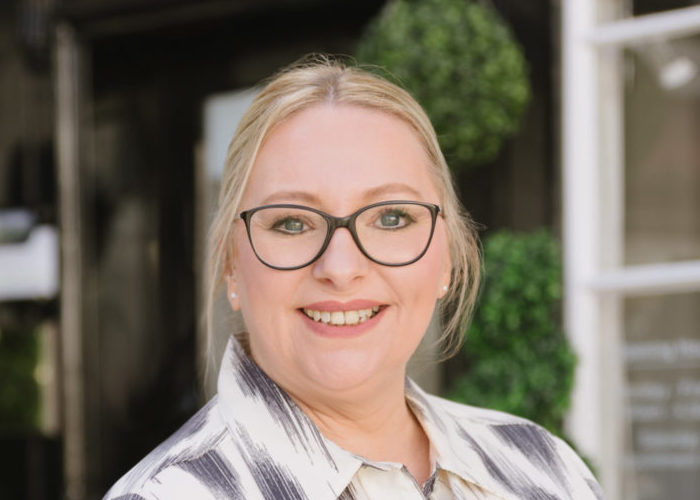 Request An Appointment
Request An Appointment
